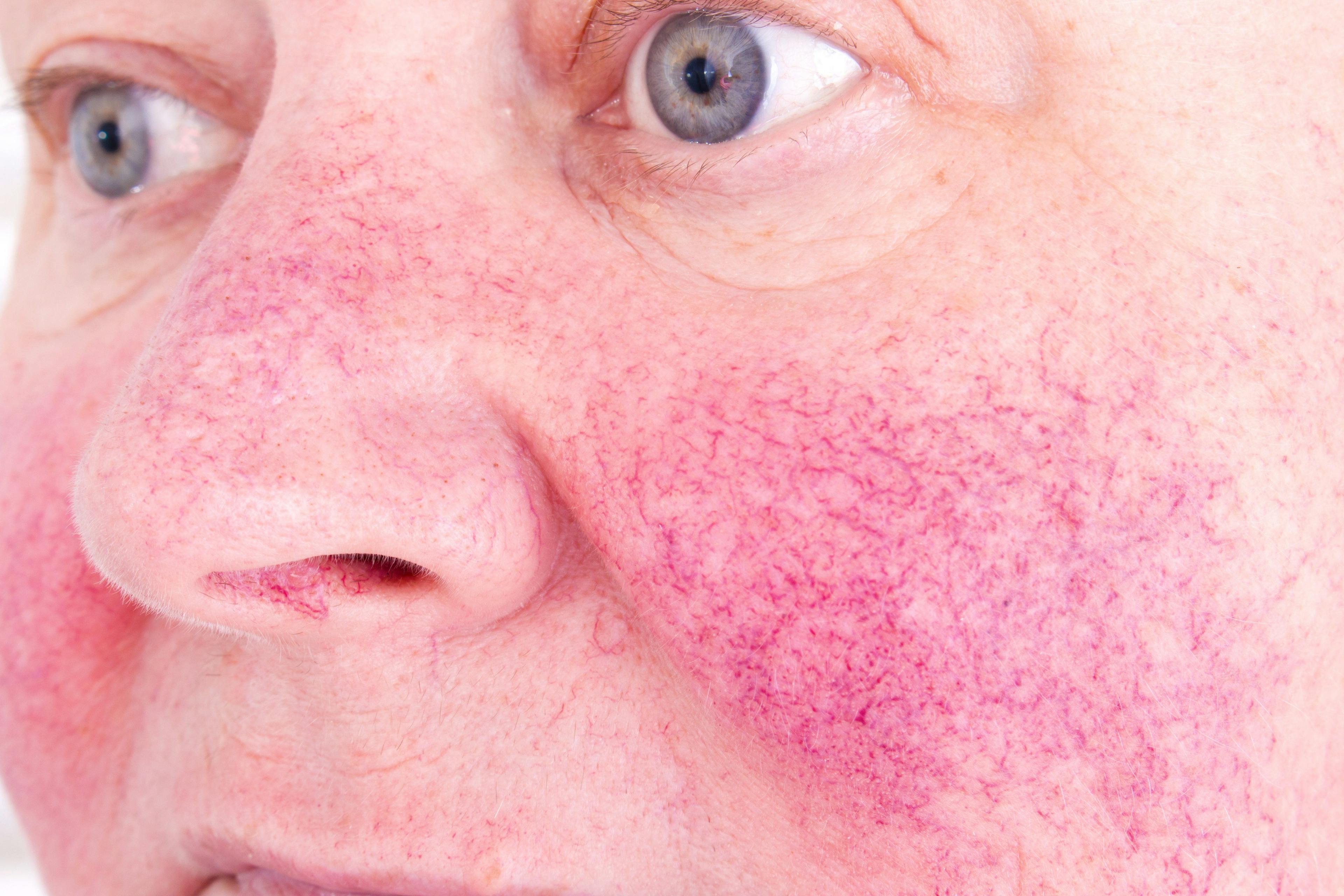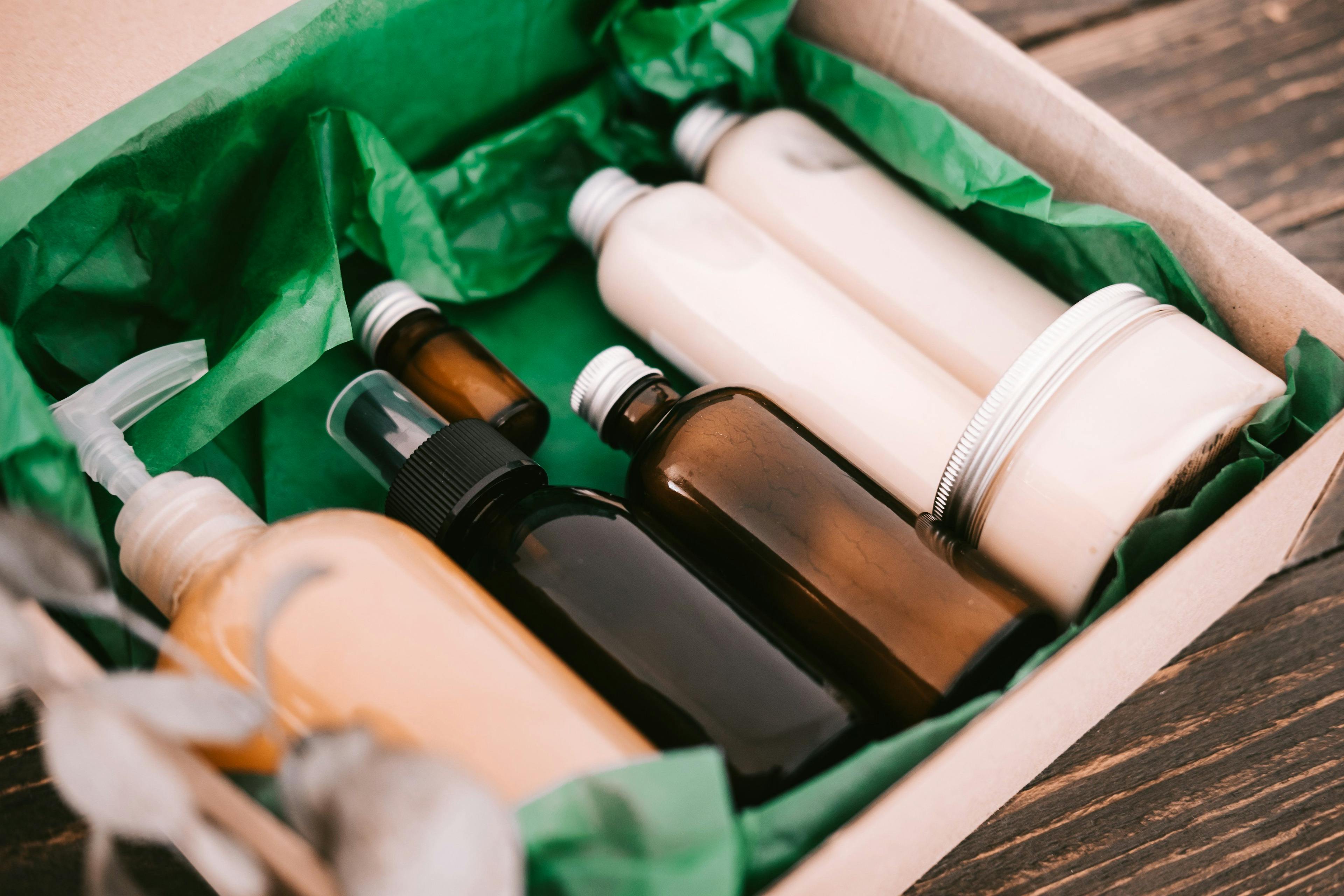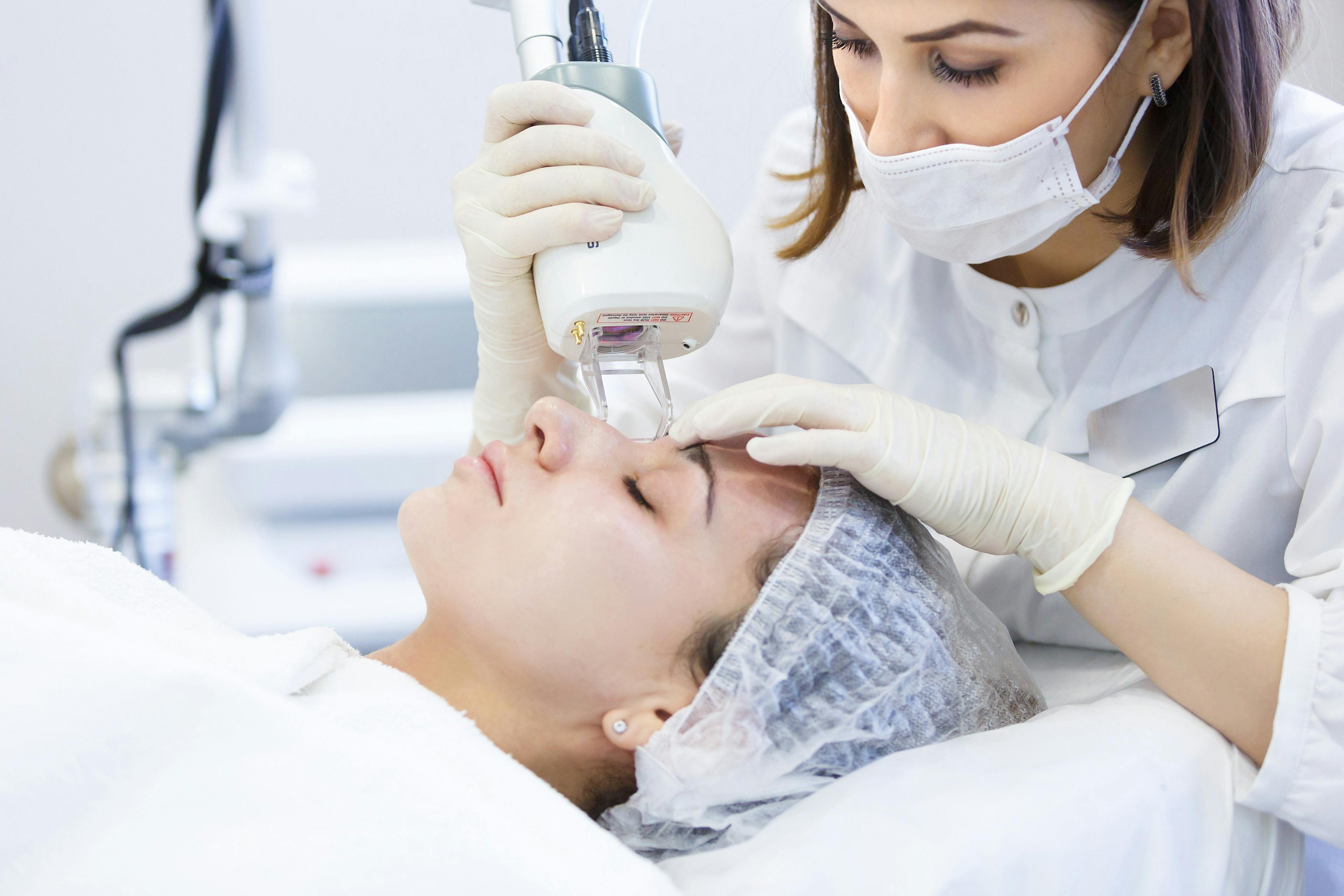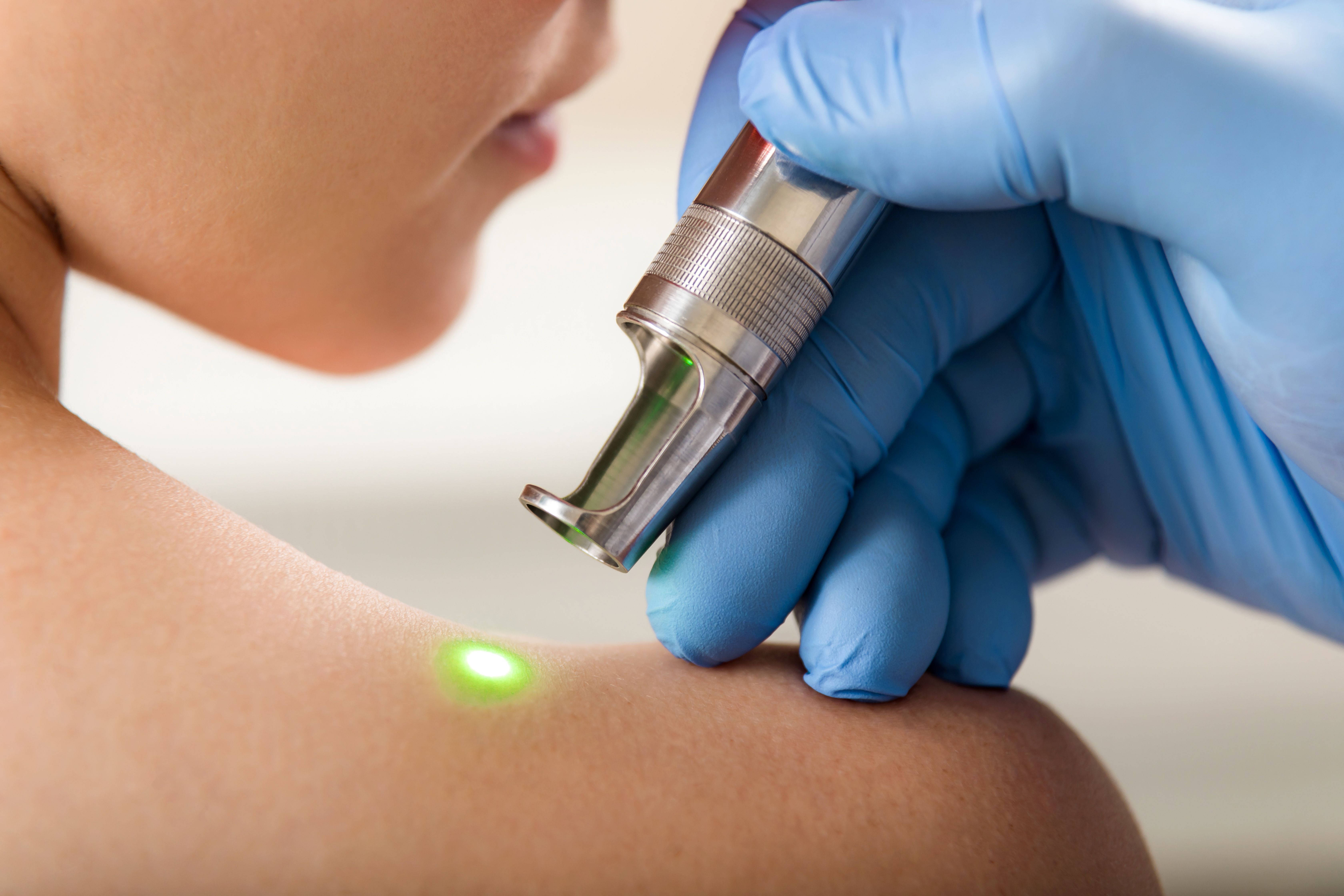- Acne
- Actinic Keratosis
- Aesthetics
- Alopecia
- Atopic Dermatitis
- Buy-and-Bill
- COVID-19
- Case-Based Roundtable
- Chronic Hand Eczema
- Chronic Spontaneous Urticaria
- Drug Watch
- Eczema
- General Dermatology
- Hidradenitis Suppurativa
- Melasma
- NP and PA
- Pediatric Dermatology
- Pigmentary Disorders
- Practice Management
- Precision Medicine and Biologics
- Prurigo Nodularis
- Psoriasis
- Psoriatic Arthritis
- Rare Disease
- Rosacea
- Skin Cancer
- Vitiligo
- Wound Care
Publication
Article
Dermatology Times
Cosmetic procedures more than vanity
Author(s):
Rather than being fueled by a singular desire to be more physically attractive, patients seeking cosmetic procedures are driven by emotional, physical, social and professional reasons, a JAMA Dermatology study shows.
Rather than being fueled by a singular desire to be more physically attractive, patients seeking cosmetic procedures are driven by emotional, physical, social and professional reasons, a JAMA Dermatology study shows. (©AdobeStock_169692059_Lavizzara)
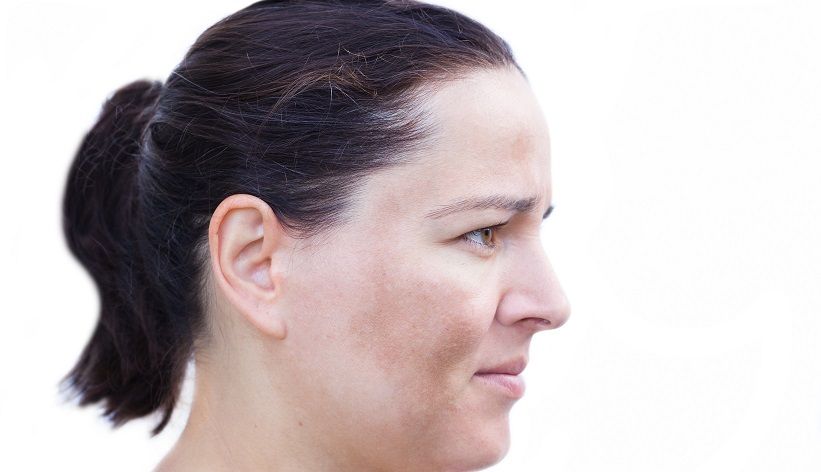
Even though cosmetic procedures change a patient’s appearance, vanity isn’t the only motivator behind decisions to undergo these treatments. According to recent research, the reasons patients might choose a cosmetic therapy are more complicated.
According to a 2017 American Society for Dermatologic Surgery survey, the patient population considering cosmetic procedures has more than doubled from 30 percent in 2013 to 70 percent in 2017. The most commonly requested dermatologist-performed treatments are light and laser therapy, facial rejuvenation injections, chemical peels, and body sculpting.
But, rather than being fueled by a singular desire to be more physically attractive, the results of a new JAMA Dermatology study revealed patients report emotional, physical, social, and professional reasons for seeking cosmetic procedures to change their appearance.
Ultimately, study authors concluded, having a better understanding of these personal motivations can help dermatologists better counsel patients on which procedures might be most effective, as well as what realistic results are.
In the first prospective, national, multi-center observational study, including two academic and 11 private dermatology practices, investigators surveyed 511 patients about their reasons for pursuing cosmetic procedures. This patient-centered approach assessed motives in six quality-of-life domains-cosmetic, emotional, physical, social, school and/or work success, and cost and/or convenience.
THE STUDY
Overall, most patients revealed an internal impetus for pursuing cosmetic procedures. However, external stimuli existed. Approximately 25 percent attributed the decision to a physician’s recommendation, and an additional 25 percent pointed to a family member’s or friend’s previous experience. Only 2.3 percent listed their spouse or partner.
“This finding highlights the importance of social norms and is in agreement with prior data,” researchers wrote. “It indicates knowing someone who has undergone cosmetic treatment is suggestive of patients’ interest.”
Of the participants, 440 (86.1 percent) were female, 286 (56 percent) were age 45 and older, 386 (75.5 percent) were white, and 469 (91.8 percent) had some level of college education. Additionally, 270 (52.8 percent) had at least two previous cosmetic procedures, 88 (17.2 percent) had one, and 149 (29.2 percent) had none.
Patients had procedure preferences, researchers reported. Botulinum toxin injections were the most popular, accounting for 165 procedures (32.3 percent). Soft-tissue fillers and lasers for brown spots and/or melasma ranked second and third with 94 procedures (18.4 percent) and 85 procedures (16.6 percent), respectively.
But, they also pursued other treatments. For example, patients selected skin tightening, acne scarring correction, lasers for redness and/or rosacea, cellulite reduction, chemical pool, eyelid surgery, facelift, laser hair removal, lasers for rejuvenation, leg vein treatment, liposuction, microdermabrasion, noninvasive fat reduction, and tattoo removal.
As anticipated, most patients (391, or 83.4 percent) reported a desire to look younger and fresher, particularly in photographs. Many (382, or 81.4 percent) wanted clearer skin. In fact, more than half (269, or 56.6 percent) opted for a procedure to ensure they looked good when encountering friends. This group gravitated toward skin tightening, wrinkle treatments, neurotoxins and injectables.
Others (261 patients, or 54.8 percent) felt cosmetic procedures would improve their professional appearance and help them remain competitive. These patients, most interested in maintaining their current appearance or reducing brown spots or redness, leaned toward laser treatments.
But, the additional, underlying reasons patients revealed for selecting cosmetic procedures were more complex.
Overall, researchers said, patients reported wanting to positively improve many aspects of their lives. Many patients (328, or 69.5 percent) revealed the belief cosmetic procedures would improve their self-confidence or make them feel happier (314, or 67.2 percent). Of this group, most pursued acne scar treatment, microdermabrasion, body contouring, and laser hair removal.
Additionally, health augmentation was a substantial reason supporting cosmetic procedures. More than half of survey respondents (253, or 53.3 percent) selected treatments to stave off any worsening of their existing conditions and symptoms. Other patients (180, 38.6 percent) believed a therapy would provide future health protection.
According to results, the quest for tattoo removal could include a mental and emotional health component. Most cited a desire to improve their overall quality-of-life and return to their former appearance, as well as increase self-confidence and alleviate any tattoo-related stress.
Ultimately, investigators said, study results revealed patients’ reasons for pursuing cosmetic procedures are multi-factorial.
“This study shows patient seek aesthetic or cosmetic procedures for various reasons,” they wrote. “Often, the motivation is not simply to look attractive, but to address serious psychological and emotional issues.”
REFERENCE
Alam M, et al., Self-reported Patient Motivations for Seeking Cosmetic Procedures, JAMA Dermatology (2018), doi: 10.1001/jamadermatol.2018.2357.
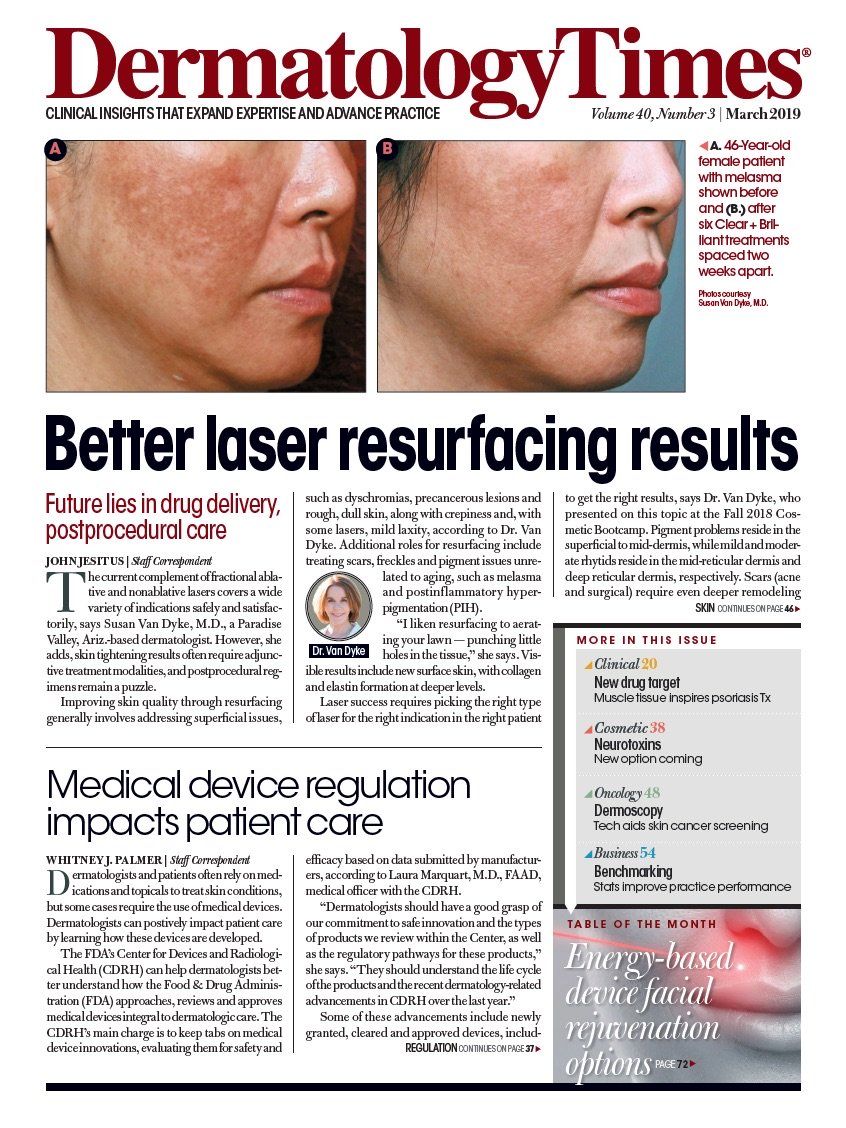
Newsletter
Like what you’re reading? Subscribe to Dermatology Times for weekly updates on therapies, innovations, and real-world practice tips.




